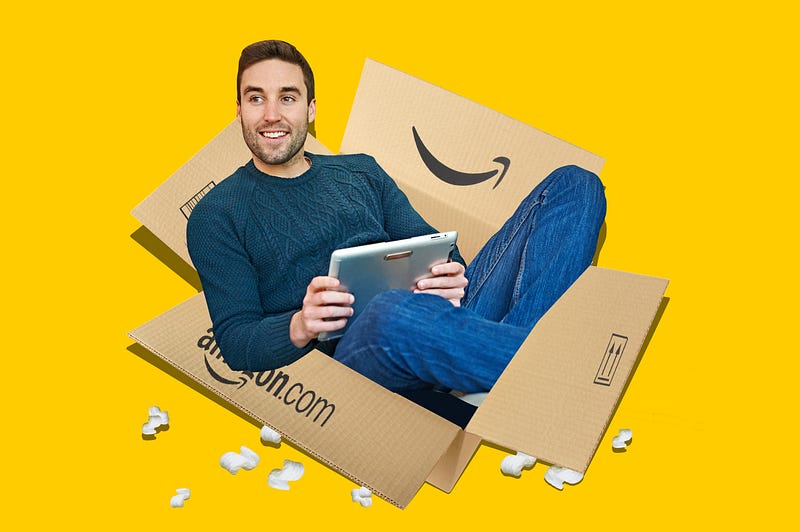The Shut-In Economy, by Lauren Smiley
Geege Schuman stashed this in Consumer Trends
Stashed in: Wealth!, Awesome, Amazon, Uber, Consumers, Medium, Rich people get richer., Commerce
In the new world of on-demand everything, you’re either pampered, isolated royalty — or you’re a 21st century servant:
Angel the concierge stands behind a lobby desk at a luxe apartment building in downtown San Francisco, and describes the residents of this imperial, 37-story tower. “Ubers, Squares, a few Twitters,” she says. “A lot of work-from-homers.”
And by late afternoon on a Tuesday, they’re striding into the lobby at a just-get-me-home-goddammit clip, some with laptop bags slung over their shoulders, others carrying swank leather satchels. At the same time a second, temporary population streams into the building: the app-based meal delivery people hoisting thermal carrier bags and sacks. Green means Sprig. A huge M means Munchery. Down in the basement, Amazon Prime delivery people check in packages with the porter. The Instacart groceries are plunked straight into a walk-in fridge.
...
The on-demand world isn’t about sharing at all. It’s about being served. This is an economy of shut-ins.
...
So here’s the big question. What does she, or you, or any of us do with all this time we’re buying? Binge on Netflix shows? Go for a run? Van Ekert’s answer: “It’s more to dedicate more time to working.”
8% of retail goods are bought online.
We’re now deep into the bombastic buildout of the on-demand economy— with investment in the apps, platforms and services surging exponentially. Right now Americans buy nearly eight percent of all their retail goods online, though that seems a wild underestimate in the most congested, wired, time-strapped urban centers.
In many ways, social class can be defined by the chores you don’t do.
The rich have personal assistants, butlers, cooks, drivers. The middle class largely do their own errands — with the occasional babysitter, pizza boy, maybe a cleaner. The poor do their own chores, and the chores of other people.
Then came on-demand’s disruptive influence. The luxuries usually afforded to one-percenters now stretch to the urban upper-middle class, or so the technology industry cheers. But can you democratize the province of the rich without getting a new class acting, well, entitled? My parents made me put away the dishes not to “outsource” their workload — they could have done it faster. They did it so I wouldn’t turn out to be a brat.
Now an entire generation is not just being served: It’s having to work out what it means when you buy someone to do it for you.
...
As income inequality increases, the shut-in model is tailor-made for the new polarized extremes.
After all, either you’re behind the door, receiving your dinner in the tower. Or you’re like the food delivery guy who, while checking in with the concierge, said, “This is my dream place to live.” He’s the opposite of a shut-in. He’s stuck outside, hustling.











9:45 AM Feb 14 2016